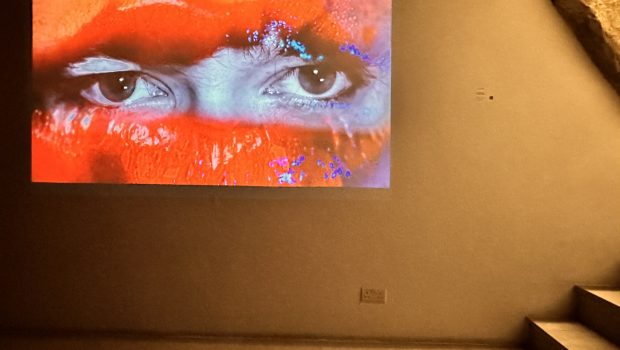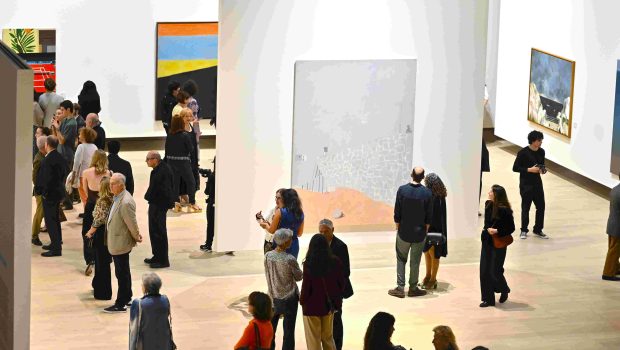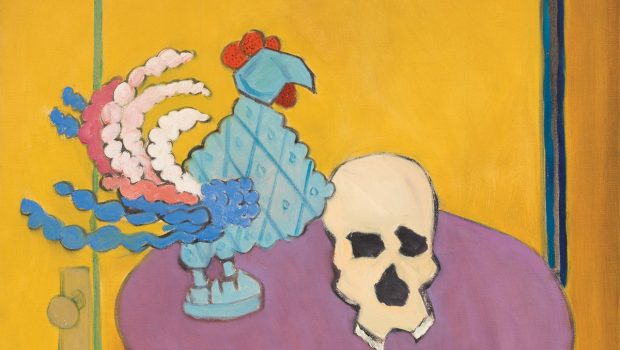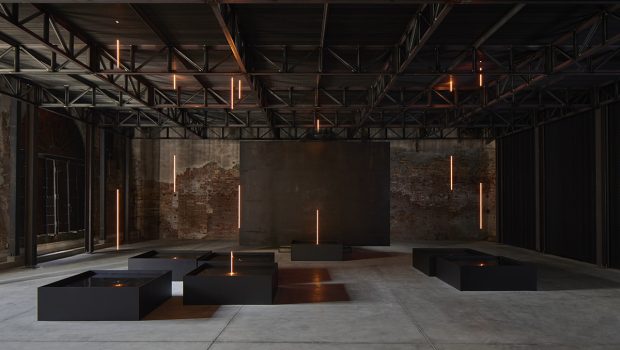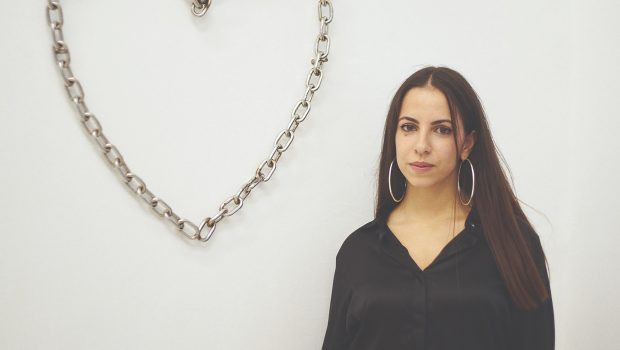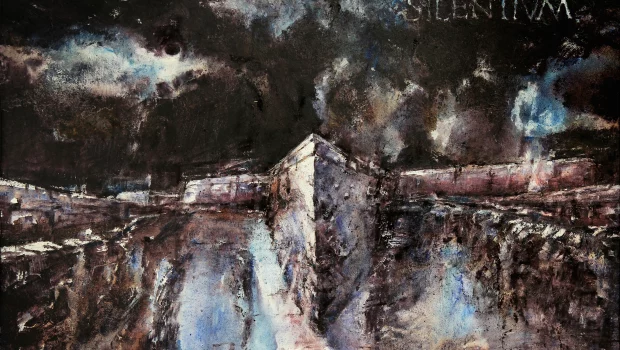Medea
The timelessness of ancient Greek tragedy on stage at Manoel Theatre
Medea is possibly one of the most fascinating, powerful, and often misunderstood characters of ancient Greek literature. Typically portrayed as a dark heroine, a representation of the sheer desperation which extreme passions can lead to, a symbol of the female struggle for agency in our (still) very patriarchal society, Medea is now more contemporary than ever.
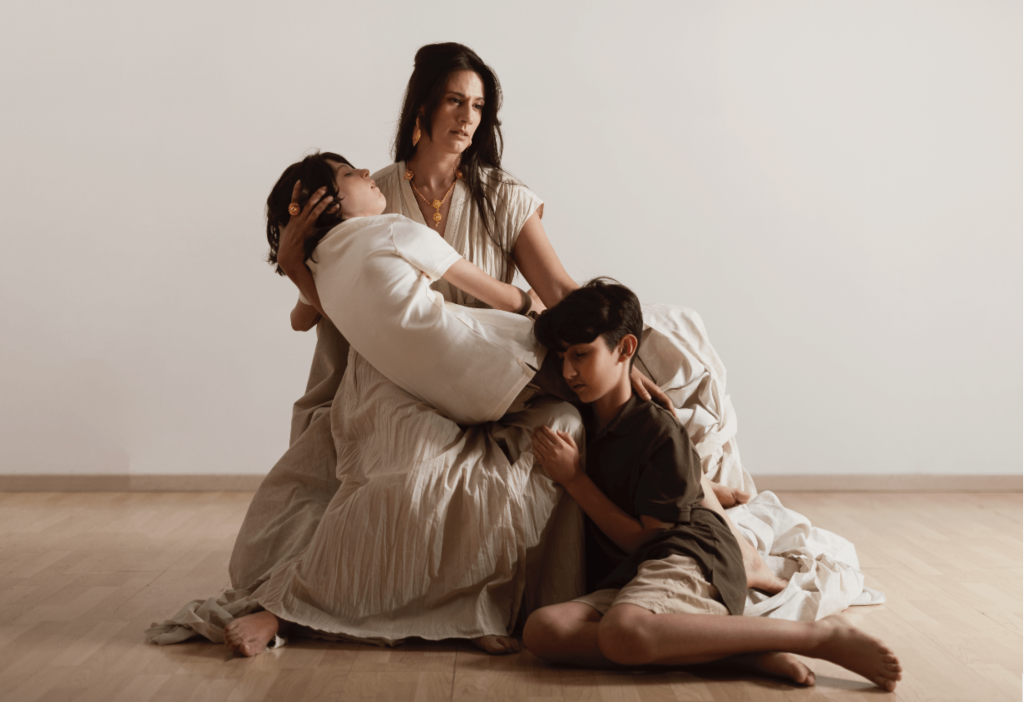
The tragedy of this woman abandoned by her husband with two children in a foreign land, for a younger and wealthier bride, remains a deep investigation of the invariable complexities of human nature and a challenging exercise in overcoming gender-related stereotypes. The adaptation by Ben Power, brought on stage by Director Bettina Paris, makes the story of Medea accessible and easily relatable to a wide audience while emphasising the symbolical importance of the character as a representation of women’s resilience and defiance. Presented for the first time by playwright Euripides at the Dionisya festival in the Attic region of Greece almost 2 500 years ago, this most engaging tragedy continues to jolt us out of the acceptance of the status quo, and into adopting a different perspective on the eternal predicament which is a couple fighting at the end of their love, observing it transmuting into hate – and, in this case, dreadfully hateful actions too. Convincingly interpreted by Becky Camilleri, Medea invites us all to reflect on gender-related prejudices and societal expectations, which are engrained in our male-dominated Mediterranean culture and too rarely questioned.
From Friday 15 to Sunday 17 November 2024, Teatru Manoel in Valletta presents the Ancient Greek tragedy Medea, in a version by Ben Power and directed by Bettina Paris.


